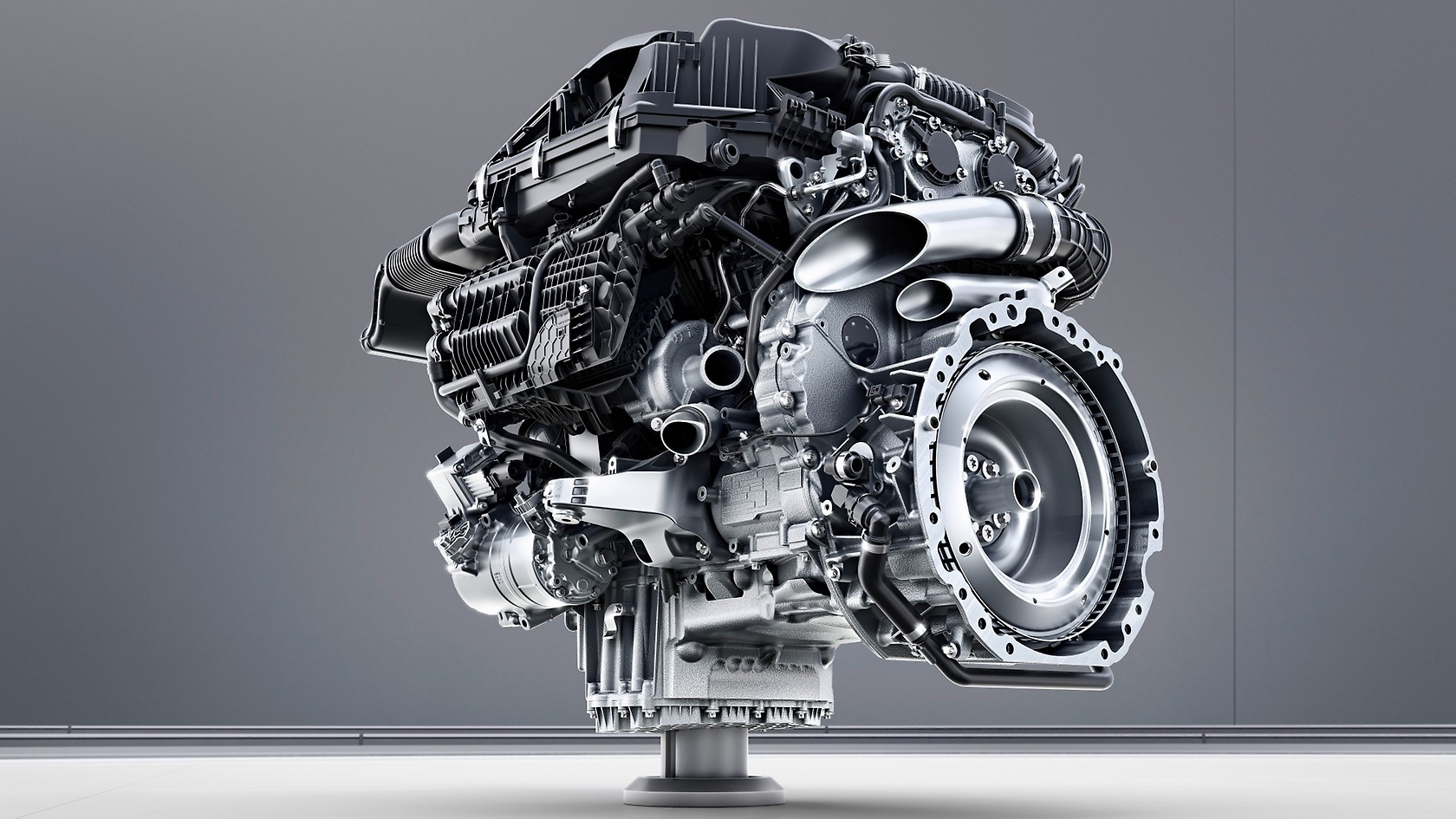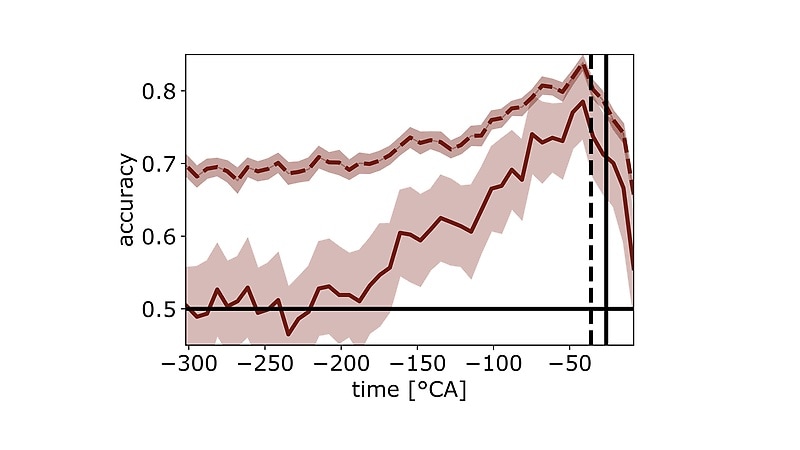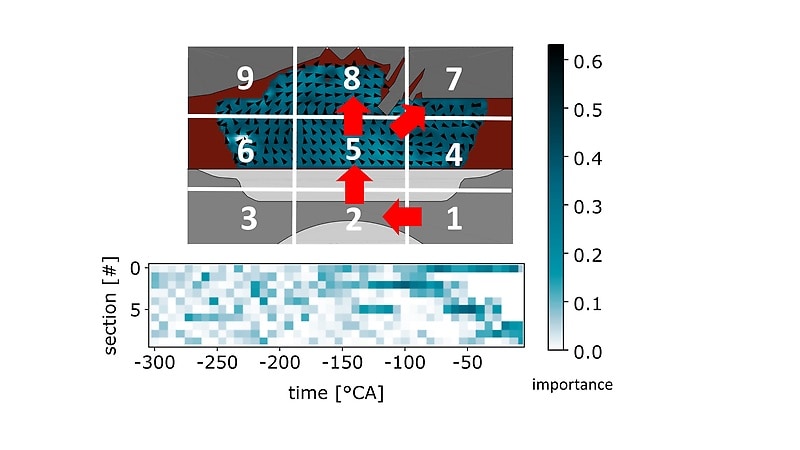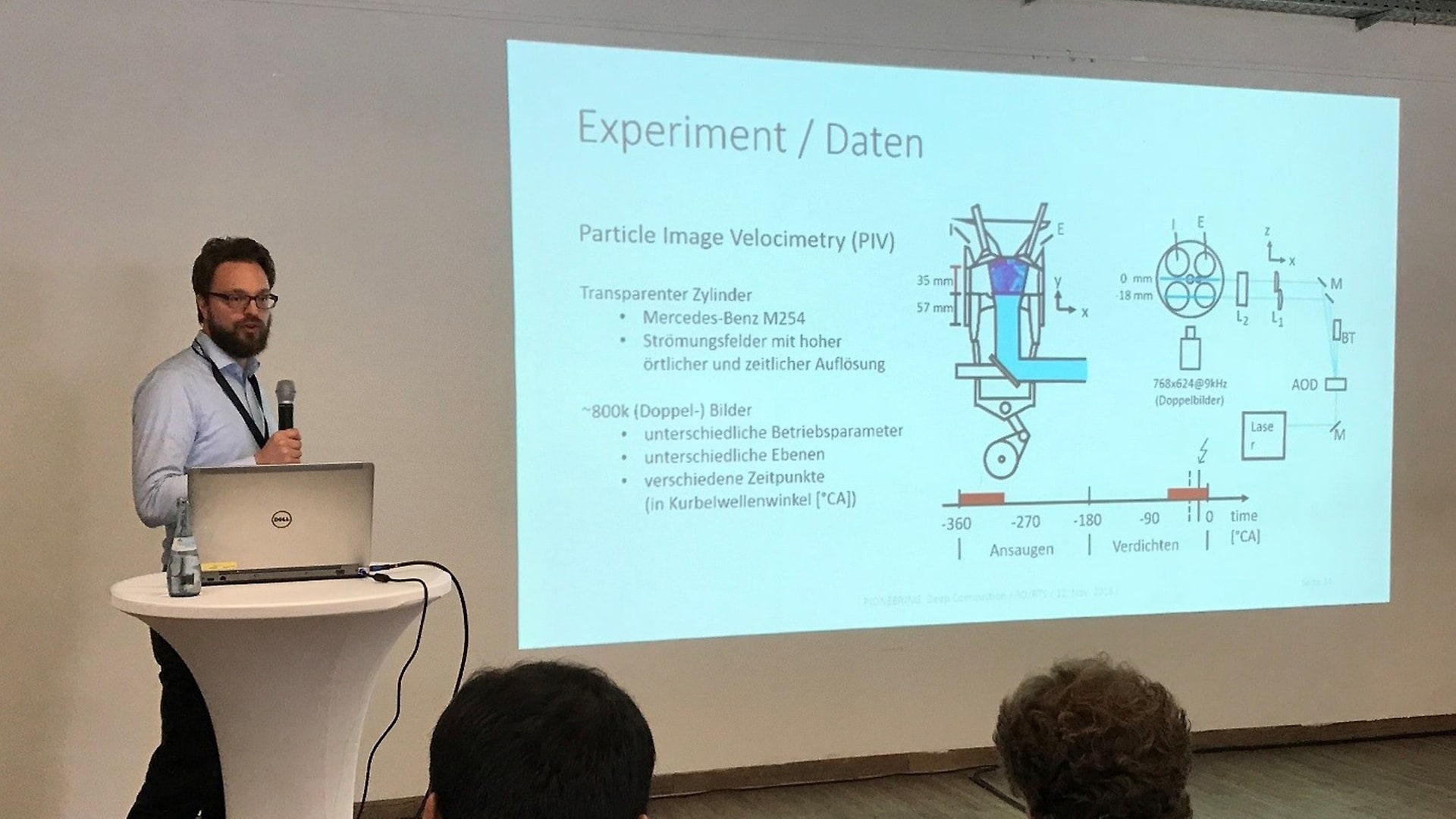Machine learning methods allow the development of semi-automatic analysis and assistance systems that are applied in Research & Development (R&D) departments within Daimler.
,xPosition=0,yPosition=0.5)
To Advance Combustion Engine Research
Mercedes-Benz AG
Mercedesstraße 120
70372 Stuttgart
Germany
Phone: +49 7 11 17-0
E-Mail: dialog@mercedes-benz.com
Please send queries about content on this website to any contact. You can address your concerns to us in English and your respective national language.
Represented by the Board of Management:
Ola Källenius, Chairman; Jörg Burzer, Mathias Geisen, Olaf Schick, Michael Schiebe, Britta Seeger, Oliver Thöne, Harald Wilhelm
Chairman of the Supervisory Board: Martin Brudermüller
Court of Registry: Stuttgart; commercial register no. 762873
VAT ID: DE 32 12 81 763
All information about our products can be found on your country-specific Mercedes-Benz product page.
,xPosition=0,yPosition=0.5)
To Advance Combustion Engine Research
Machine learning methods allow the development of semi-automatic analysis and assistance systems that are applied in Research & Development (R&D) departments within Daimler.
The optimization of combustion engines is an important field of ongoing research to increase their degree of efficiency and to reduce emissions. Cycle-to-cycle variations (CCVs) of in-cylinder flows result in significant variations of mixture distribution and lead to an overall reduction in combustion performance. We investigate CCVs in an optically accessible production type 4-stroke direct injection spark ignition (SI) gasoline engine (Mercedes-Benz M254) applying high-speed scanning particle image velocimetry (PIV) and in-cylinder pressure measurements. PIV allows us to measure in-cylinder flow fields at high spatial and temporal resolution. Low-level in-cylinder flow features and engineered tumble features are investigated using machine learning approaches to predict cycles of high indicated mean effective pressure (IMEP). Basic in-cylinder flow features of the mid-cylinder plane are sufficient to predict combustion cycles of high IMEP as early a crank angle as 180 degrees(°CA) before the top dead center (TDC) at 0 °CA. The insights gained into important flow field patterns can be used for systematic engine design optimization in the future.

Accuracies (mean +/- standard deviation) of the machine learning model on the test set (solid line, deep red color) and the training set (dotted line, deep red color) are shown. The chance level is indicated by a black horizontal line. The times of first injection (black vertical dotted line) and ignition (black vertical solid line) are marked.

Velocity features are calculated in nine spatial sections (upper panel: numbers; 0 = global). Arrows (red) illustrate the change of region importance with time. Colors in the lower panel indicate the importance for section averaged velocity features.
Find more details in our publication
